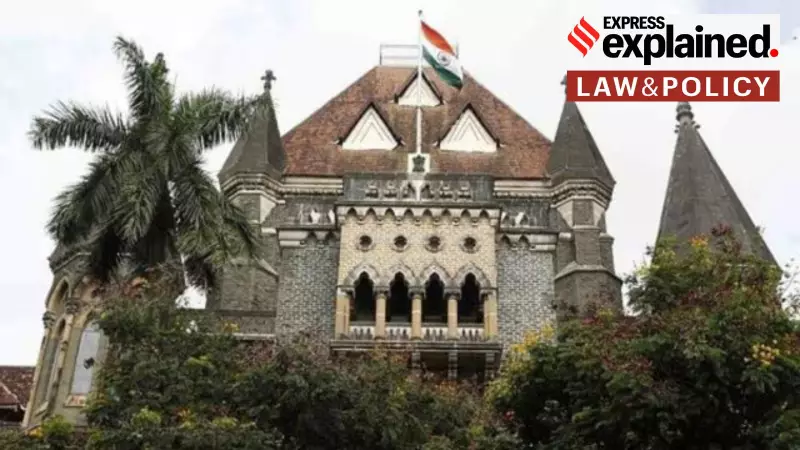
Bombay High Court's Landmark Ruling in 2012 Murder Case
The Bombay High Court has delivered a significant judgment in the Pallavi Purkayastha murder case, upholding the conviction of security guard Sajjad Mughal alias Sajjad Pathan while denying him any future parole or furlough privileges. The court's ruling on Monday, November 10, 2025, emphasized that Pathan's life imprisonment sentence will mean imprisonment until the end of his natural life.
The Crime and Conviction
The case dates back to 2012 when 25-year-old corporate lawyer Pallavi Purkayastha was murdered in her Mumbai high-rise apartment. Pathan, who worked as a security guard in the building, was convicted by the sessions court in 2014 and had been serving his life sentence at Nashik Central Jail since his arrest in August 2012.
The High Court also dismissed pleas from both the victim's father and the Maharashtra government seeking enhancement of the punishment to death penalty. The court maintained that the evidence, while sufficient for conviction, didn't meet the 'rarest of rare' threshold required for capital punishment.
The Escape That Changed Everything
In 2016, Pathan was granted parole on the grounds of his mother's ill health, permitting him to travel to his hometown in Jammu and Kashmir. However, he failed to return to prison after his parole period expired, leading to a massive manhunt by Mumbai police.
Pathan remained at large for 19 months before being re-arrested. This escape proved crucial in the High Court's decision to deny him any future temporary releases. The court specifically noted that Pathan's conduct demonstrated a clear risk to society and misuse of the liberty granted to him.
Understanding Life Imprisonment in Indian Law
The judgment highlights the important distinction between different types of life imprisonment in Indian jurisprudence. While the Indian Penal Code provided for imprisonment for life, this was often interpreted to mean the convict's entire natural life.
However, provisions in the Criminal Procedure Code gave the appropriate government power to suspend, remit or commute sentences. Section 433A specifically mandated that life imprisonment convicts cannot be released until they complete at least 14 years in prison.
The courts have increasingly used their power to impose restrictions on remission rights in cases where 14 years imprisonment is deemed insufficient, but the death penalty isn't warranted. This creates what legal experts call a 'via media' between ordinary life imprisonment and capital punishment.
Parole and Furlough: Temporary Relief Denied
The court's decision to deny Pathan both parole and furlough represents a significant aspect of the judgment. While both provisions allow temporary release from prison, they serve different purposes:
Parole is typically granted for specific emergencies like family illness or death, while furlough is meant to help prisoners maintain family connections and social integration without requiring a specific reason.
The courts have consistently held that these are privileges, not legal rights, and can be denied in cases where convicts have previously misused such liberties or pose a threat to society.
Legal Precedents and Future Implications
This isn't the first case where Indian courts have denied parole and furlough privileges. Similar restrictions have been applied in:
Terrorism cases where convicts pose ongoing security risks
Death row inmates whose sentences were commuted to life imprisonment
Cases involving repeat offenders or those with history of escape attempts
The judgment also comes as India transitions to the new Bharatiya Nyaya Sanhita, which explicitly distinguishes between 'imprisonment for life' and 'imprisonment for life which shall mean the remainder of that person's natural life.'
The Bombay High Court's ruling sets an important precedent for dealing with convicts who abuse the trust placed in them during temporary releases, emphasizing that judicial mercy cannot override public safety concerns.





